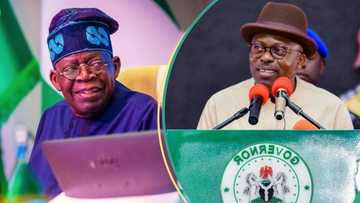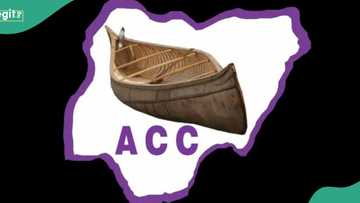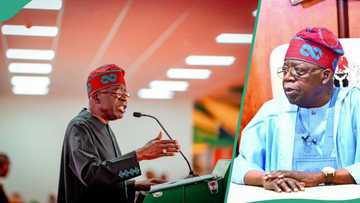June 12: Seven Key Takeaways from Tinubu’s Democracy Day Address
Legit.ng journalist Bada Yusuf is an accomplished politics and current affairs editor, boasting over seven years of experience in journalism and writing.
President Bola Tinubu has reflected on Nigeria's struggles to emerge from military rule and become a democratic nation. The president spoke to commemorate Nigeria's 25 years of uninterrupted democracy.
In his televised address to Nigerians on Wednesday, June 12, Tinubu urged Nigerian leaders to be committed to inclusivity, accountability, and transparency.
He added that such would guarantee a flourishing democracy that could be endured for the unborn generations.
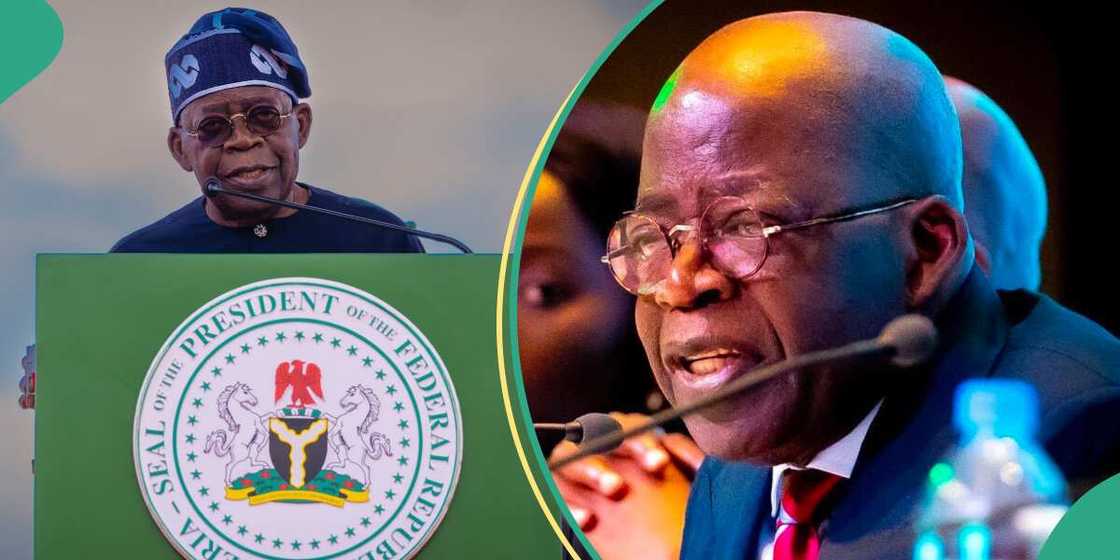
Source: Twitter
When did Nigeria return to democracy?
In 1999, Nigeria returned to democratic dispensation, with former president Olusegun Obasanjo elected on the platform of the Peoples Democratic Party (PDP).
At the time, Tinubu was elected as the governor of Lagos state by the leading opposition party, the Alliance for Democracy (AD).
Tinubu has played an opposition role in the country's democracy since 1999, starting from the Alliance for Democracy (AD) to the Action Congress (AC) and the Action Congress of Nigeria (ACN), the two parties he spearheaded in forming.
In 2015, Tinubu's ACN formed an alliance with several other political parties to form the All Progressives Congress (APC) to defeat the PDP, which had ruled the country for 16 years.
Now as president, Tinubu is currently on the journey to completing 12 years of APC leadership in the country. His tenure will conclude on May 29, 2027.
Democracy Day broadcast: What did Tinubu say?
In his address to mark this year's Democracy Day, the president addressed key issues and shared his administration's plan for the country.
Below are the seven key highlights from the speech:
Celebration of democratic milestones
Nigeria is celebrating 25 years of uninterrupted democratic governance, marking a significant milestone since the end of military rule in 1999.
President Tinubu highlighted the significance of this milestone in his address.
Tribute to democratic heroes
In his speech, the president also honoured the sacrifices of key figures in Nigeria's democratic struggle, including Chief MKO Abiola, who won the annulled 1993 election, and many others who fought for democratic freedoms, both those who lost their lives and those who endured hardships in exile.
Importance of democracy beyond elections
The president said democracy is more than holding periodic elections, adding it is a way of life that encompasses broader values and principles.
He said while transparent, open, and fair elections are crucial; true democracy involves respecting diverse perspectives and resolving differences through dialogue rather than force.
Commitment to economic reforms
President Tinubu acknowledged Nigeria's economic challenges and emphasized the need for reforms to strengthen the country's foundation for future growth.
He highlighted efforts to negotiate a new national minimum wage and stressed the importance of economic democracy alongside political democracy.
Pledge to uphold democratic values
The president vowed to protect Nigerian citizens' rights, freedoms, and liberties. He also reiterated his commitment to working towards a Nigeria free from oppression.
He emphasised the importance of cooperation, reasoned discussion, and principled compromise in governance.
Introduction of a new national minimum wage
President Tinubu announced negotiations with organized labour to establish a new national minimum wage. He said an executive bill to enshrine this agreement into law will soon to be sent to the National Assembly.
He said this demonstrates a commitment to addressing workers' welfare through dialogue and cooperation rather than conflict.
Handling of organised labour's strike
The president also highlighted his government's approach to the recent labour strike, emphasising cooperation over conflict.
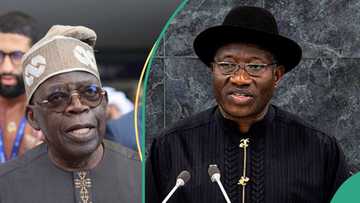
Read also
June 12: Jonathan sends key message to Tinubu: "Build a Nigeria where every citizen has a voice"
He said his government chose to negotiate in good faith with labour leaders rather than oppress or threaten workers.
He said this demonstrates his commitment to democratic principles and reasoned discussion.
Below is the president's full text:
Tinubu speaks on new minimum wage
Legit.ng earlier reported that Tinubu spoke on the the conclusion of negotiations on the new minimum wage with organised labour and the private sector.
In his address on Democracy Day, the president said an executive bill to enshrine the new minimum wage in Nigerian law would soon be sent to the National Assembly.
Tinubu, however, did not mention what was agreed upon as the new minimum wage. The federal government earlier recommended N62,000 as the new minimum wage but the organised labour kicked against it.
Proofreading by James Ojo Adakole, journalist and copy editor at Legit.ng.
PAY ATTENTION: Donate to Legit Charity on Patreon. Your support matters!
Source: Legit.ng


